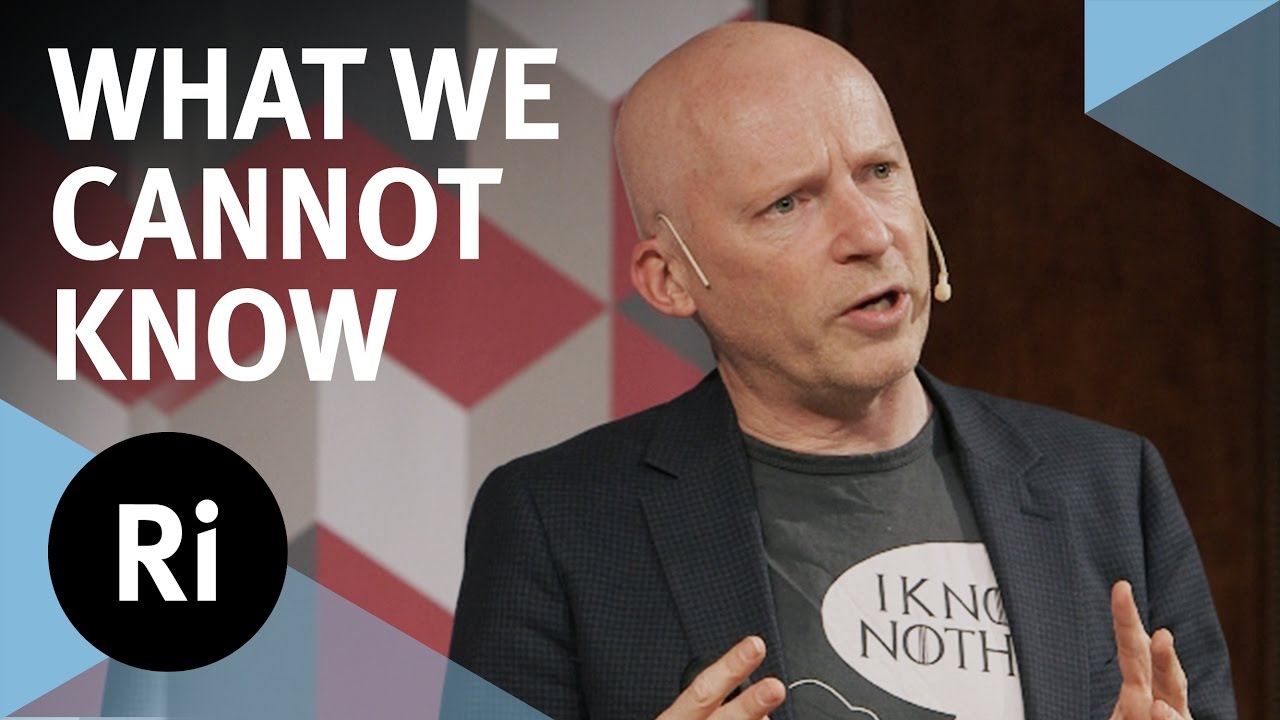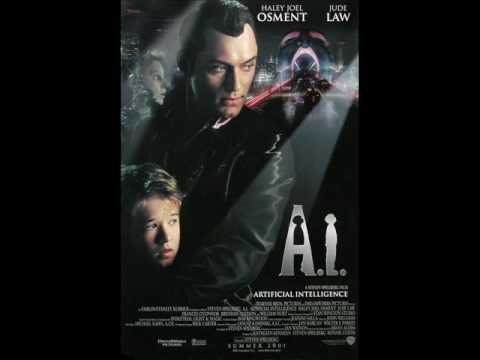The Royal Institution
Is it possible that we will one day know everything? Or are there fields of research that will always lie beyond the bounds of human comprehension? Marcus du Sautoy investigates.
Watch the Q&A that followed this talk: https://www.youtube.com/watch?v=jS4WfJeGP2s
Subscribe for regular science videos: http://bit.ly/RiSubscRibe
Is it possible that we will one day know everything? Or are there fields of research that will always lie beyond the bounds of human comprehension? Former Christmas Lecturer Marcus du Sautoy will lead us on a thought-provoking expedition to the furthest reaches of modern science.
Marcus du Sautoy is a mathematician and popular science writer and speaker. He delivered the 2006 CHRISTMAS LECTURES on mathematics, titled THE NUM8ER MY5TERIES. He is currently the Charles Simonyi Professor for the Public Understanding of Science at the Oxford University.
This talk and Q&A was filmed at the Ri on 13 October 2016.
The Ri is on Twitter: http://twitter.com/ri_science
and Facebook: http://www.facebook.com/royalinstitution
and Tumblr: http://ri-science.tumblr.com/
Our editorial policy: http://www.rigb.org/home/editorial-policy
Subscribe for the latest science videos: http://bit.ly/RiNewsletter
Source




i want to listen but he's exhausting
Normally I don't mind fast talkers but this was a bit much. Smart fella, just a touch too much.
I love all of this except calling marxism cool ; ; unsubscribe, resubscribe click bell and like
I loved this lecture. if only he could have stopped talking so fast. i am a simple american forced to feel as such do to who my countryman (not really, it was our archaic electoral college ) put in the WH. my apologies to my European friends.
To believe in God is NOT to assert there are unanswerable questions. It's simply to acknowledge the universe is temporal. It had a beginning in the Big Bang and will have an end in heat death.. It will eventually disintegrate into nothing as ALL temporal things do… So if the universe is temporal what then created the universe? … What then is eternal? … If we're honest we know the answer.
It seems to me that we are trying to measure the position of the electron which is obviously, from the fact of entaglement and that they pop photons in and out of existence, multidimentonal so we are trying to measure it to a three dementonal spot; wouldn't it be like measuring an irational number with only whole numbers? And as we calculate each decimal and hone in on placement or speed photons entangled with it's electron pop back and forth and since we are holding it in the whole number slot we think it's in all of those energy changes are applying to the other end of the equation increasing our uncertainty of what that has become.
Its better to hope for an afterlife than not. Its much like saying its better to be good than not good.
I am a Gödel sentence.
"Why something rather than nothing?" "Because 0 = 1 – 1." I like that! I guess you could then ask where the laws themselves came from, but then you could say they're abstract and so that question doesn't apply
Albert Einstein got quite agitated when he said, “God doesn't play dice!” To which Niels Bohr replied, “You can't tell God what to do!” And they drew up an experiment that would show who was right. Unfortunately the experiment was technically impossible at the time, as it required the ability to emit just one photon. So it wasn't until long after they both died that the experiment was made, which of course proved that Niels Bohr was right.
I found this style of presentation surprisingly uninteresting
Ok, I feel safe now (chaos theory), with the Apophis asteroid calculated to pass by inside our satellite orbits 2029. 300-400 meter diameter, a couple of countries bye bye…
This is a pretty good talk, and an astoundingly terrible speaker!
Is du Sautoy an Ashkenazim? He certainly has some of the traits of one
Feynman was the last scientist that knew everything. Not just science he f** knew everything.
A very funny and enjoyable talk on very interesting subjects such as chaos theory, quantum physics or even the nature of consciousness.
He looks so energetic and crazy, but definitely engaging.
meh….there's a lot about recent and ancient history we will never know
Every new discovery brings up new questions. That process will continue for as long as we do.
"you've changed the result by measuring it!"
The big problem with mathematics, is that we are trying to know the core of something continuous with a tool that is fundamentally discrete. The great problem with physics is that it only reach as far as our own nature allows it. We need new mathematics based in new abstract concepts other than the ancient discrete "numbers", new operations and a new "world of the ideas" based in continuous. Similarly, the only way to stop chasing ghosts like dark energy or dark matter, is a new concept of physics based in a new approach to experiment, to get and to analyze the continuous and not just discrete events.
Do you have to be bald to lecture here?
Bald with a book to sell?
The preferred way of starting of a hearty stew is to sautoy a few cups of chopped onions.